From the Gospel of Luke:
If any want to become my followers, let them deny themselves and take up their cross daily and follow me. For those who want to save their life will lose it, and those who lose their life for my sake will save it. What does it profit them if they gain the whole world, but lose or forfeit themselves? Those who are ashamed of me and of my words, of them the Son of Man will be ashamed when he comes in his glory and the glory of the Father and of the holy angels.
(From the Daily Office Lectionary – Luke 9:23-26 (NRSV) – October 16, 2014)
So ….
I left off writing these things publicly, but found that not writing them put a crimp in my spiritual life. I write them for my own spiritual well-being and if they are of assistance to anyone else that’s all well and good, too. I thought I was stressing out under the self-imposed pressure of writing one everyday, but I think now the stress was from trying to be “gentle” with my words so as not to offend anyone. However, since I now realize that I am writing them for myself, I don’t need to worry about that. If someone reads what I have to say and is offended by it, they can choose not to read another thing I write. That’s their responsibility, not mine. (Frankly, I think that’s part and parcel of the attitude demonstrated by Jesus in the last sentence of this selection. “I say what I say. If it resonates, follow me. If not, we part company.”)
OK . . . introductory remarks done with . . . this morning someone in an internet discussion group did the drama-queen leaving act. “TEC [the stupid current trendy abbreviation for the Episcopal Church] and this group have veered too far left, so I’m leaving.” You could hear the door slam as they left (and picture them standing outside with their ear pressed to it listening for the reaction).
What do people mean when they apply the terms “Left” or “Right” to the church? Do people even know what those terms mean, period?
These terms are political terms translated into British and American politics from the French Revolution of 1789 during which members of the National Assembly divided themselves by where they sat in the chamber, supporters of the king to the president’s right, supporters of the revolution to his left. They were first introduced into British politics in the 1930s to label politicians according to their position on the Spanish Civil War — those who supported Franco’s Nationalists were “the Right,” those who supported the Republicans were “the Left.” From Britain, these terms made their way into American political discourse, but what they actually mean in the political arena today is pretty muddled.
Which means, of course, that when they are applied to the church they basically mean nothing! Or, rather, they mean “the church is doing that with which I disagree.” For example, when someone opens the distribution of Holy Communion to the non-baptized (something I disagree with, by the way), is that a “Leftist” or a “Rightist” thing to do? I don’t really know; I suspect that, depending on what one thinks those terms mean, one can construct an argument for the application of either one.
What a ridiculous waste of time!
When judging a church denomination, parish, diocese, organization, ministry, whatever . . . isn’t the question not whether it is “Leftist” or “Rightist” but whether it embodies and follows the gospel? Whether it and those people who claim membership or activity within it have denied themselves and taken up their cross and followed Jesus? And when we make that discernment, exercise that judgment, aren’t we called to do so with the greatest possible amount of charity, allowing the possibility that others may perceive the gospel mandate differently from ourselves? “Faith, hope, and love abide, these three; and the greatest of these is love.” (1 Cor. 13;13) That’s neither “Leftist” nor “Rightist” in my thinking.
Here’s my final thought on this subject . . . OK, it’s not my final thought; I’ll probably have more to say or write at some other time . . . but for now, it’s the concluding bit of what I’m writing today.
Any time I am tempted to label someone else in the church or some church group or some theological or ministerial activity, to say “That’s Leftist” or “That’s Rightist,” I remind myself of the question asked by one of America’s best popular theologians, the late cartoonist Charles Schultz speaking through the character of Snoopy:
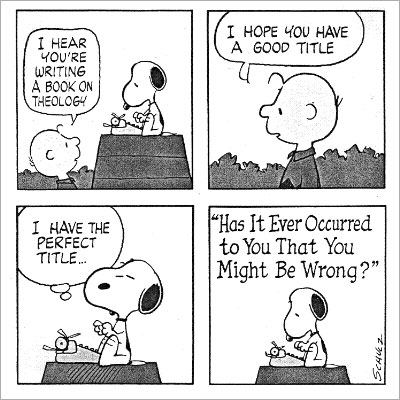
Keeping that in mind, my hope is that Christ will not be ashamed of me.
====================
A request to my readers: I’m trying to build the readership of this blog and I’d very much appreciate your help in doing so. If you find something here that is of value, please share it with others. If you are on Facebook, “like” the posts on your page so others can see them. If you are following me on Twitter, please “retweet” the notices of these meditations. If you have a blog of your own, please include mine in your links (a favor I will gladly reciprocate). Many thanks!
====================
Father Funston is the rector of St. Paul’s Episcopal Church, Medina, Ohio.




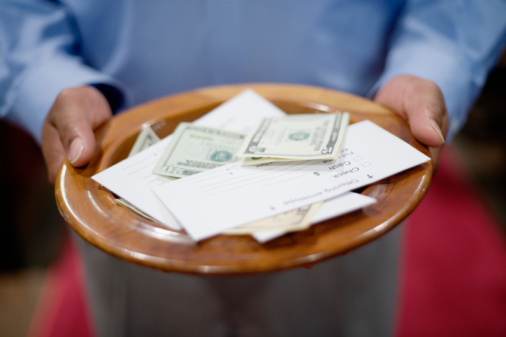
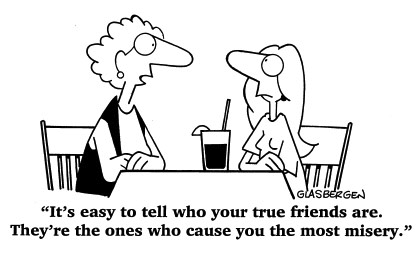
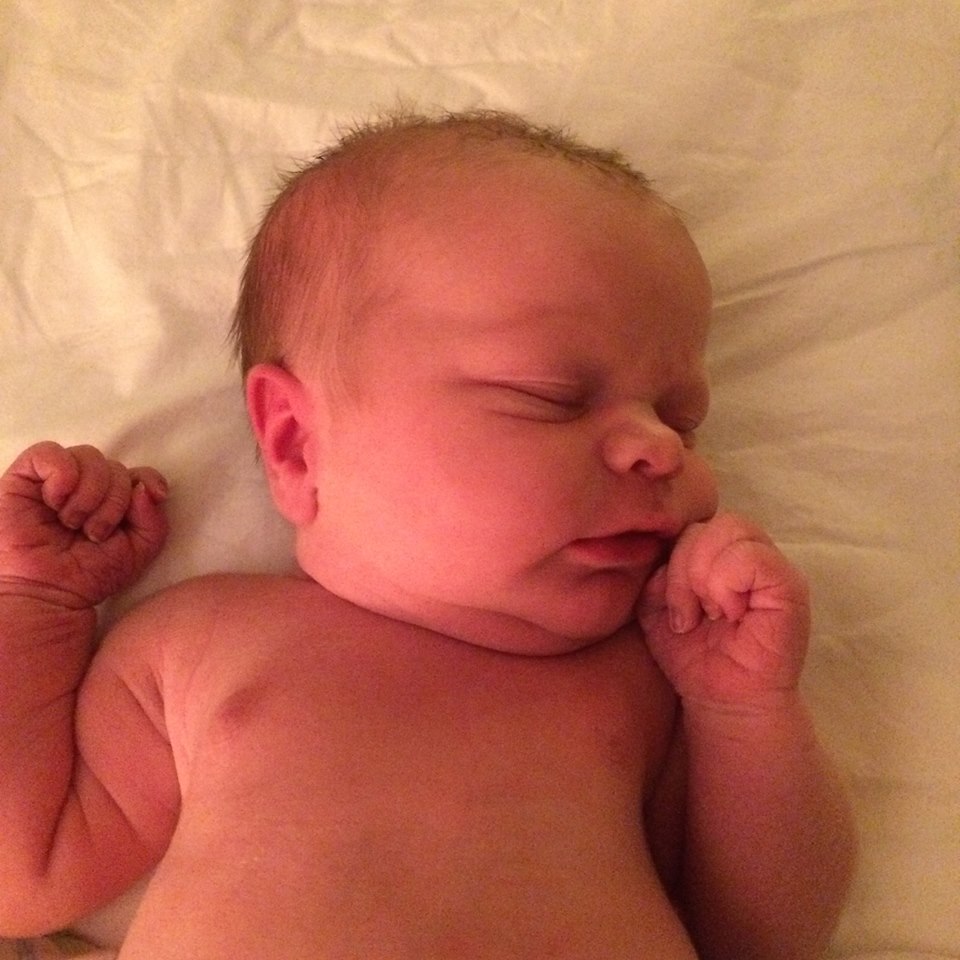
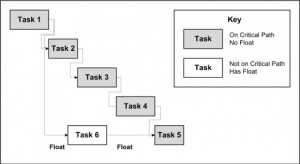 Project Evaluation Review Technique – “PERT” . . . . I learned to do PERT charts in business school. PERT charts diagram the flow of a project through its various tasks and processes, assigning some as “essential” tasks which must be done in a particular order, later tasks depending on earlier tasks to have been accomplished by particular persons, while other tasks “float,” they can be done any time by any team member.
Project Evaluation Review Technique – “PERT” . . . . I learned to do PERT charts in business school. PERT charts diagram the flow of a project through its various tasks and processes, assigning some as “essential” tasks which must be done in a particular order, later tasks depending on earlier tasks to have been accomplished by particular persons, while other tasks “float,” they can be done any time by any team member.



